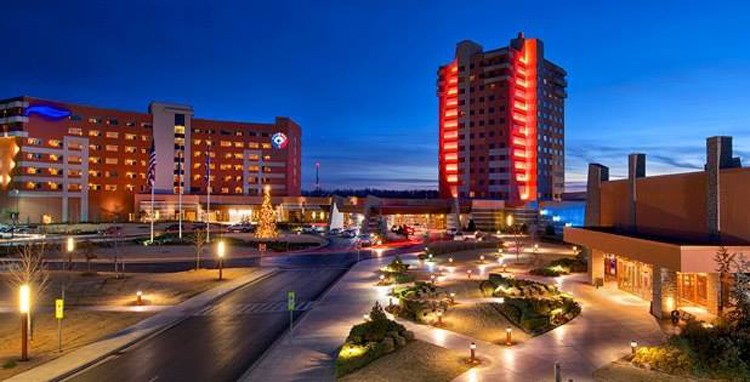A lawsuit filed by Kansas Attorney General Derek Schmidt and the Cherokee County Commission seeking to prevent the expansion of the Downstream Casino Resort across the state line into Kansas was thrown out by a federal judge on Friday.
In a 38-page decision Judge Daniel Crabtree wrote that a review of an advisory opinion by National Indian Gaming Commission (NIGC) attorneys that could allow casino gaming on sovereign land in Cherokee County was beyond the court’s reach. Crabtree wrote that the legal threshold to challenge was not met by Cherokee County because it was not a final decision by the National Indian Gaming Commission. The judge also said tribal immunity against lawsuits had not been waived by the tribe. The Quapaw tribe operates the Downstream Casino Resort in Oklahoma.
The March 9th civil filing of State of Kansas vs. National Indian Gaming Commission et al., includes Sally Jewell, U.S. Secretary of the Interior, as well as 22 other federal and Quapaw officials, including the tribe’s chairman, John Berrey. In a written statement from Berrey, he states that the tribe was asked by Kansas Gov. Sam Brownback to request the opinion from the NIGC as part of the Quapaw’s effort to negotiate a compact, or agreement, to allow casino gambling on the tribe’s land in Kansas.
Berry wrote, “Not only did Gov. Brownback not engage in good-faith negotiations, as he promised, but he and Attorney General Derek Schmidt deliberately targeted and harassed a number of our tribal leaders by suing them,” and, “Most of these people had no connection or involvement with tribal gaming. The suit appears to have been nothing but an attempt to discourage the tribe from pursuing its rights under federal law. This case should cause people in Kansas to ask a lot of questions, especially about Gov. Brownback’s treatment of Indians and use of taxpayers’ money,” according to The Joplin Globe.
A spokesman for Schmidt, Clint Blaes, wrote that, “We are reviewing the opinion and assessing the state’s options.” While Sean Harrison, a spokesman for the Quapaw tribe, said eventually the Quapaw would like to have games which aren’t allowed at its casino under Oklahoma law, such as craps and roulette.


